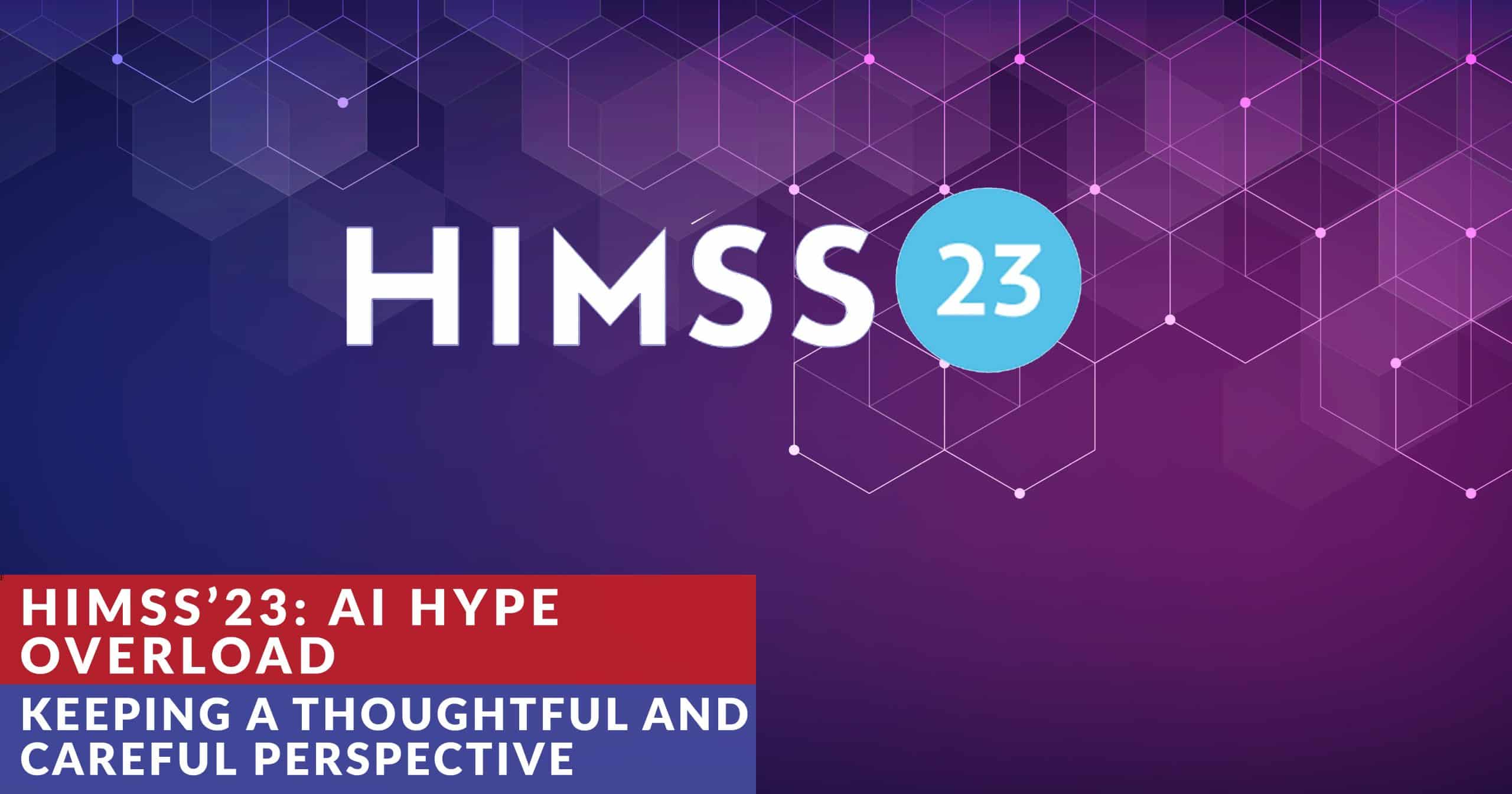Innovation Starts with the Heart, Not the Head
Gary Hamel for Harvard Business Review
“A very thoughtful and moving piece about what innovation truly is and its potential impact on an organization. Spoiler Alert: author takes a somewhat contrarian view – innovation has little to do with technology and more to do with inspiring human hearts.” – John
Insurer Uses Patients’ Personal Data To Predict Who Will Get Sick
Todd Bookman for Kaiser Health News
“Independence Blue Cross is using big data to head off preventable hospitalizations. This anecdote illustrates how risk scoring can identify patients who need a health coach. When combined with some flexibility on the part of the health plan about provider and venue selection, these patients could see demonstrable improvement in their experience of care. ” – Brian M.
Widely prescribed heartburn drugs may heighten heart-attack risk
Bruce Goldman for Scope (Stanford Medical Blog)
“One of the big opportunities of digitizing healthcare data is the ability to actually do analysis across broad patient populations to see what works, what does not and just as important, what may put patients at risk. In this study by Stanford researchers who combined data from their EHR with that of EHR vendor’s Practice Fusion, they found a direct correlation to cardiac risk from taking popular PPIs for gastric symptoms, e.g., heartburn. We are only just scratching the surface of what will become a huge area of research with significant implications to care as well as businesses, going forward.” – John
CVS to Buy 1,600 Drugstores From Target for $1.9 Billion
Katy Thomas, Chad Bray and Hiroko Tabuchi for Kaiser Health News
“CVS Health announced last week that it will acquire Target’s 1,600-plus pharmacies and 80 retail health clinics for $1.9 billion. Target appears to be conceding defeat in its retail health efforts; unlike chief competitor Walmart, it could never quite incorporate pharmacies and clinics into its larger business strategy. CVS, meanwhile, shows no signs of slowing down – the Target deal comes less than a month after CVS bought prescription drug dustributor Omnicare for $12.7 billion.” – Brian E.
Clinical Trials Need Cancer Patients
Stan Collender for The New York Times
“This piece offers up a patient’s perspective of what could be improved in the clinical trials enrollment process. Some of the things that we have come to think of as ‘technology problems’ – like User Experience – are actually deeper, vestigial idiosyncrasies of our paternalistic healthcare system. One simple example among the many hit upon in the article: National Cancer Institute’s clinical trials website is tailored to experts (clinicians and researchers) rather than patients – yet it is one of the only comprehensive lists available.” – Naveen
Lack of Quality Measures for Cancers and Other Serious Diseases Limits Medicare’s Ability to Pay for Value
Caroline F. Pearson for Avalere blog
“A study by Avalere demonstrates that there are a number of conditions among the Top 20 ‘high impact conditions’ in Medicare programs for which there are only a handful of quality measures (several different kinds of cancer; glaucoma) and some for which their are no measures currently available (Alzheimer’s Disease). These ‘high impact conditions’ were defined by the NQF in 2010 but progress on creating and vetting measures for each of them has been uneven. If Medicare is indeed going to move a majority of its payments to VBP payments over the next several years, there has to something available to measure the performance of providers on for these conditions.” – Matt
The average American woman now weighs as much as the average 1960s man
Christopher Ingraham for The Washington Post
“This item got a lot of attention last week because of its headline. The average U.S. women now weighs as much as the average US man in 1960. The headline could just as well have read that the average U.S. man now weighs as much as the average adult warthog but it is not as catchy. Lifestyle conditions continue to garner headlines along with the continuing struggles with the structure of the healthcare industry. At least we know that demand for healthcare shows no sign of any real decline.” – Brian M.
Covered California Data-Mining Project Will Collect Patient Health, Insurance Info
Chad Terhune for Government Technology
“An interesting project to collect data from/on patients who enrolled using California’s Insurance Exchange to see if care being provided is adequate. Truven Analytics was brought on board in April to crunch what largely seems to be retrospective health plan quality data (e.g. HEDIS type metrics). While there are a spate of concerns around privacy, consent, and security, the industry seems to be trending towards more of an aggressive approach when it comes to using data. This one will be interesting to watch.” – Naveen
What if health insurance doesn’t make you much healthier?
Ezra Klein for Vox
“If you remember the economic study from a few years back about what happened in Oregon when 10,000 of the 90,000 uninsured were added to the state’s Medicaid rolls, this article summarizes the second shoe. A new study from Amy Finkelstein asks whether the care that health insurance buys is really worth it, from an economist’s vantage. People buy health insurance so they can get healthcare and enjoy good health. They don’t but it only to avoid economic losses. People don’t buy car insurance so they can get into a lot of car accidents and not have to pay the losses. This study presents a series of interesting question about the value of bot insurance and the healthcare it buys.” – Brian M.
Medicare Slow To Adopt Telemedicine Due To Cost Concerns
Phil Galewitz for Kaiser Health News
“Fewer than 1 percent of Medicare beneficiaries use telemedicine. Congress has historically restricted its use to rural areas where physicians are in short supply, while the Congressional Budget Office has said that telemedicine would actually increase Medicare costs, as it would encourage seniors to use more healthcare services. But with the AHA, AMA, AAFP and AARP all suggesting that telemedicine can lower costs, and with Medicare Advantage plans showing increasing interest in the services, it may finally be time for Medicare to face the music.” – Brian E.




0 Comments